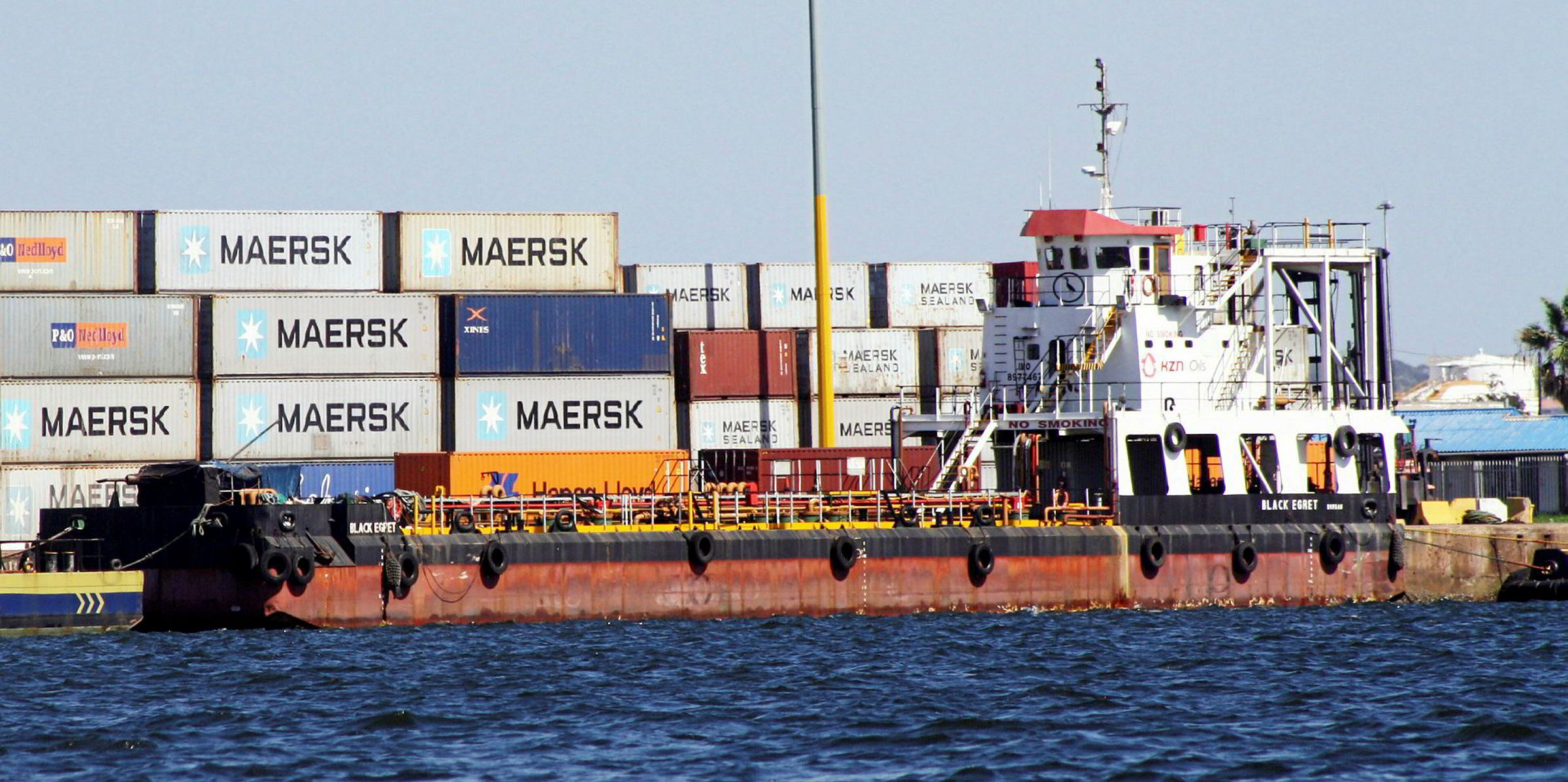The International Organization for Standardization (ISO) has said it will assist shipowners in applying its standards to a new generation of blended fuels that are expected to come onto the market to meet the 2020 0.5% global cap on the sulphur content of fuel.
Shipowners were concerned that the current ISO standard is not suitable and may not detect impurities in low-quality sulphur fuels, leading to main engine breakdowns.
At an IMO meeting about the implementation of the 2020 regulation last week, ISO representatives attempted to allay the concerns.
The ISO told delegates that the current standard, ISO 8217, is sufficient to cover the new blended fuels, despite industry concerns, and would not require revision.
Testing procedures
But it said it would provide owners with guidance on how to apply the ISO standards to the new fuels and it would take measures to ensure its testing methods are suitable.
The International Chamber of Shipping welcomed the news.
“In view of recent concerns, ISO’s confirmation that no revision of the standards is needed prior to 2020 is very welcome as is ISO’s recognition that existing tools to assess compatibility are inadequate and its reassurance that ISO is actively seeking solutions before the 2020 deadline,” said secretary general Peter Hinchliffe.
“It will be vital for shipowners and crews to have confidence that new fuels will indeed be safe and compatible before taking delivery, which they will need to start doing several months in advance of January 2020.”
However, doubts have been raised recently over whether the ISO 8217 standard is stringent enough to detect impurities even in the conventional heavy fuel oils in the market.
Earlier this year, a number of ships bunkering in Houston suffered machinery clogging and main engine damage as the result of fuel contamination.
Forensic testing revealed that the phenolic compound 4-Cumyl-Phenol was the cause of the problem. However, the contaminant was not detectable when fuel was tested under the IS0 8217 standard.
Marine insurer Skuld has also recently warned that low-sulphur fuels tend to have higher levels of catalytic fines than heavy fuel oil.



